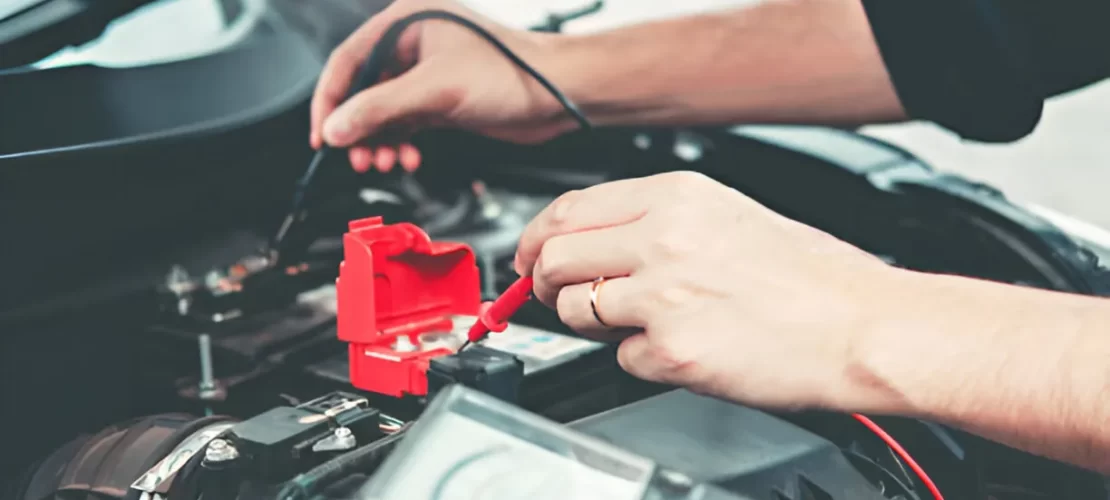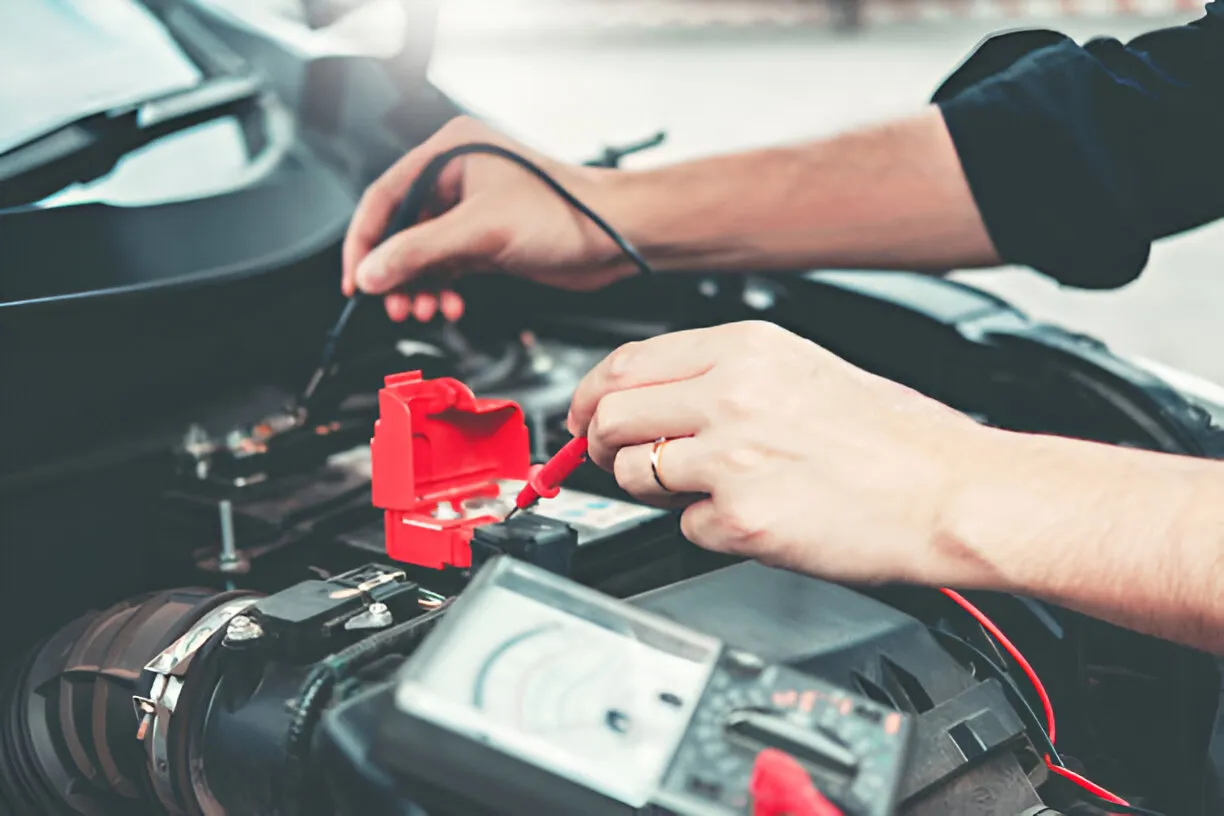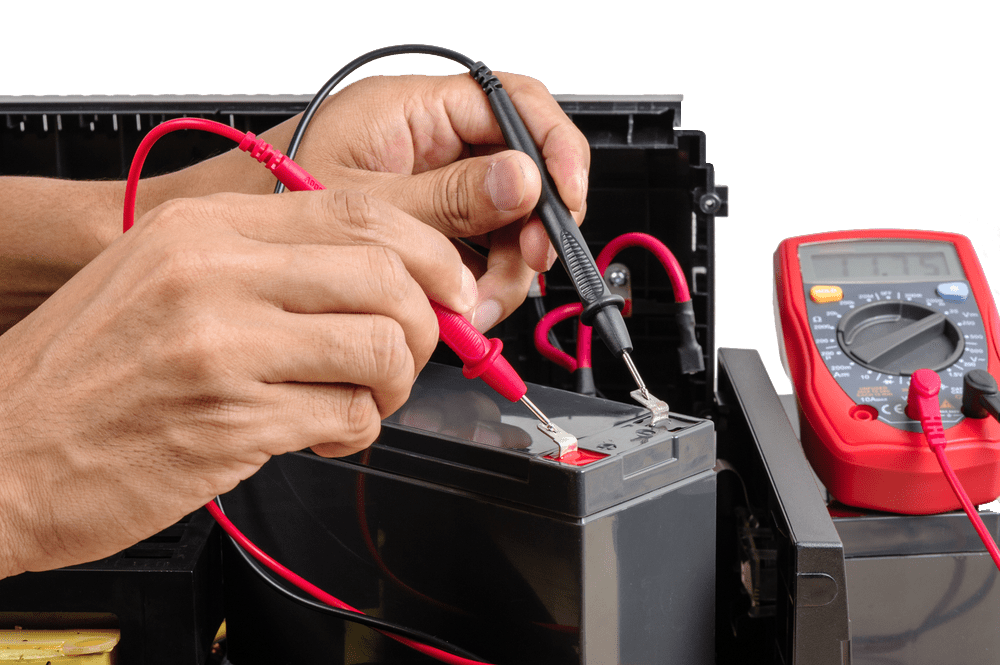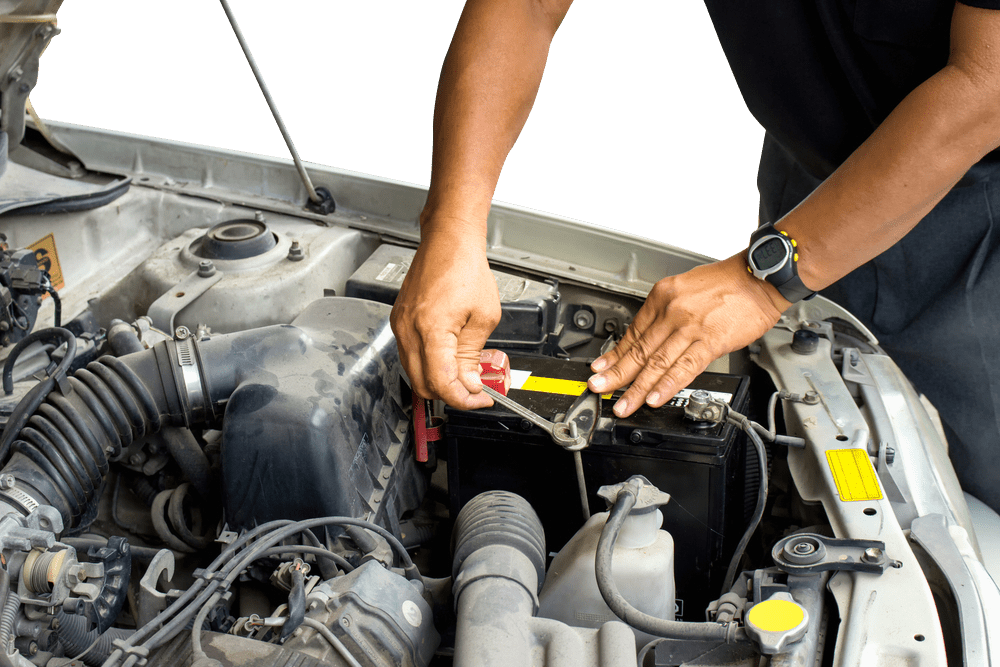- 7 Oct 2024
What makes car batteries last longer

Car batteries are essential components that ensure the smooth running of a vehicle. Their lifespan can vary significantly depending on various factors, and understanding what makes car batteries last longer can save you money, time, and frustration. In this article, we will explore practical ways to extend the life of your car battery, including maintenance tips, environmental considerations, and common usage practices that can make a huge difference.
How to Extend the Lifespan of Car Batteries
Proper Maintenance of Car Batteries
One of the most important aspects of ensuring that car batteries last longer is regular maintenance. Batteries, like any other car component, require consistent care to function optimally. Here are some essential maintenance tips:
- Keep the Battery Clean: Dirt, grease, and corrosion can significantly reduce the battery’s ability to hold a charge. Cleaning the terminals and the surface of the battery regularly can prevent build-up, ensuring that your car battery lasts longer.
- Check Battery Terminals for Corrosion: Corrosion around the battery terminals can inhibit the electrical connection between the battery and the car. Using a mixture of baking soda and boiling water to clean corrosion can prolong battery life.
- Tighten the Connections: Loose connections may cause the battery to work harder than necessary, reducing its lifespan. Ensuring that all cables and terminals are tightly connected helps maintain efficient energy flow.
- Inspect the Electrolyte Levels: Some batteries require regular electrolyte checks. If you have a lead-acid battery, ensure that the water level is adequate. Topping it off with distilled water when needed can extend the life of your battery.

Temperature and Environmental Factors
The environment plays a crucial role in determining how long your car battery lasts. Batteries are sensitive to temperature changes, and extremes of hot or cold can affect their efficiency and longevity.
- Avoid Extreme Temperatures: Excessive heat can cause the battery fluid to evaporate, leading to internal damage, while extreme cold can slow the chemical reactions inside the battery, making it harder to start the car. Parking your vehicle in a garage or shaded area can protect your battery from these temperature extremes.
- Use Insulation Blankets: Insulating your battery with a special blanket can help moderate its temperature during the summer and winter months. This helps prevent rapid wear and tear, ensuring that your car battery lasts longer.
- Regular Driving: Batteries charge while the car is running. If your car sits unused for long periods, the battery may drain, reducing its overall lifespan. To avoid this, consider taking your vehicle for regular drives, especially in cold weather, to keep the battery charged and in good condition.
Driving Habits and Their Impact on Battery Life
How you drive and maintain your vehicle has a significant impact on the lifespan of your car batteries. Simple adjustments to your driving habits can go a long way in extending the life of your battery.
- Avoid Frequent Short Trips: Car batteries recharge while the engine is running, but short trips don’t give them enough time to fully recharge. If your regular commute consists of short distances, the battery may not get the chance to recover its full charge. Opt for longer drives to give your battery sufficient time to recharge properly.
- Turn Off Electrical Components When Idle: Leaving headlights, air conditioning, or the radio running while the engine is off can quickly drain your battery. Make it a habit to turn off all electrical accessories before switching off your car to prevent unnecessary strain on the battery.
- Limit the Use of Electronics While the Engine is Off: Charging your phone or using the car’s sound system when the engine is off can slowly drain the battery. Always ensure the engine is running while using any electronics to preserve battery life.
Battery Type and Quality Matter
The type and quality of the battery you choose for your car can greatly influence how long it lasts. Investing in a high-quality battery designed to meet your vehicle’s specific needs can offer better durability and performance.
- Choose a Quality Battery: Not all batteries are created equal. Opting for a reputable brand and the right type of battery for your vehicle can make a big difference. Some high-performance batteries are built to withstand more extreme conditions and usage, ensuring that car batteries last longer.
- Install the Right Size: A battery that is too small or too large for your vehicle will not function efficiently and may wear out prematurely. Always choose the battery size recommended by your vehicle’s manufacturer for optimal performance.
- Look for Longer Warranties: A longer warranty can be an indicator of a battery’s reliability and durability. Batteries with extended warranties are generally designed to last longer, making them a good investment.
Battery Storage Tips
Properly storing your car battery when it’s not in use can also make a significant difference in its lifespan. If you know your vehicle won’t be driven for an extended period, such as during a long holiday or in storage, take these steps:
- Disconnect the Battery: If the vehicle won’t be used for a while, it’s a good idea to disconnect the battery to prevent it from slowly draining. Ensure you store the battery in a cool, dry place away from direct sunlight.
- Use a Trickle Charger: A trickle charger, also known as a battery maintainer, can help maintain the battery’s charge when the car isn’t being driven. This prevents the battery from draining and potentially dying during long periods of inactivity.
- Avoid Full Discharge: Car batteries are designed to work best when they are consistently charged. Letting the battery fully discharge frequently can significantly reduce its lifespan. Always aim to keep the battery charged above 50% to prevent damage to the cells.
Signs That Your Battery Needs Replacement
Even with all the preventive measures, car batteries have a limited lifespan. Knowing when to replace your battery is crucial in avoiding inconvenient breakdowns.
- Sluggish Engine Start: If your engine is slow to start, especially in the morning, it may be a sign that your battery is weakening.
- Dim Headlights: Dimming lights when starting the car or running multiple electrical components can indicate that your battery is nearing the end of its life.
- Frequent Need for Jump-Starts: If you frequently need to jump-start your vehicle, it’s a clear indication that the battery no longer holds a charge and needs to be replaced.
- Check Engine Light: Some vehicles are equipped with a dashboard indicator that alerts you when the battery is weak or malfunctioning. Keep an eye on this light, especially if other symptoms appear.
Conclusion
Extending the life of your car batteries is achievable with regular maintenance, mindful driving habits, and proper environmental care. Investing in high-quality batteries and taking preventive measures will not only ensure that your car batteries last longer but also save you from unexpected breakdowns and costly replacements.











